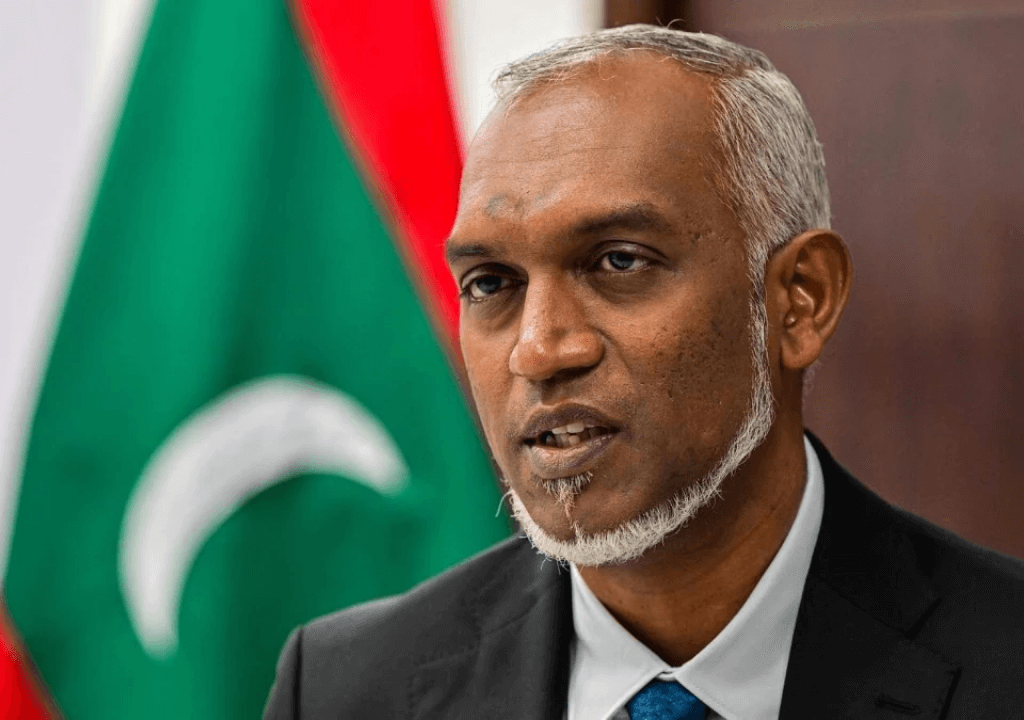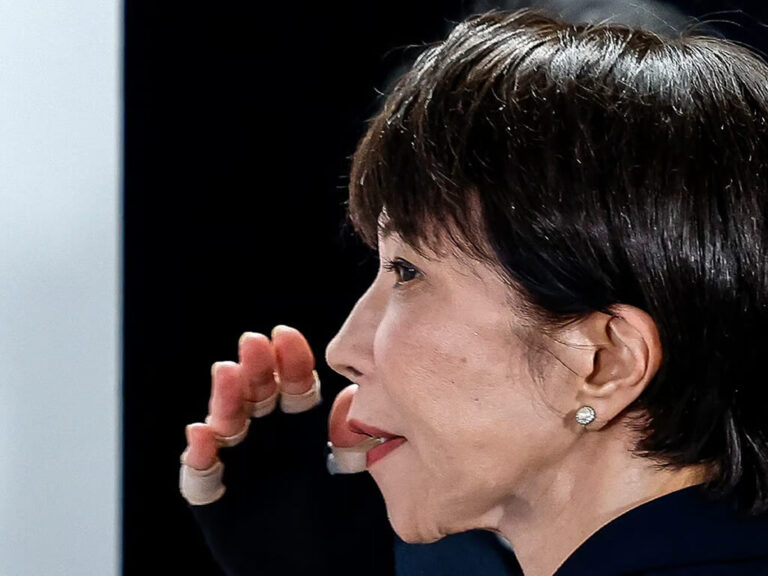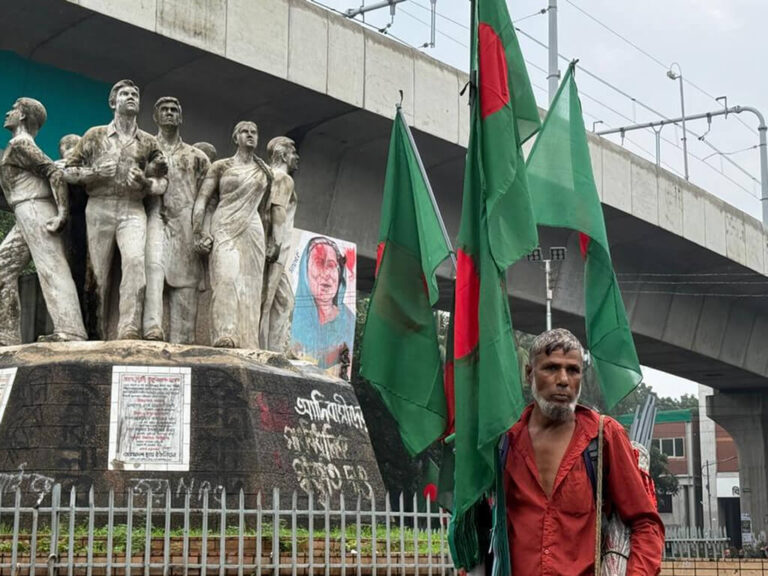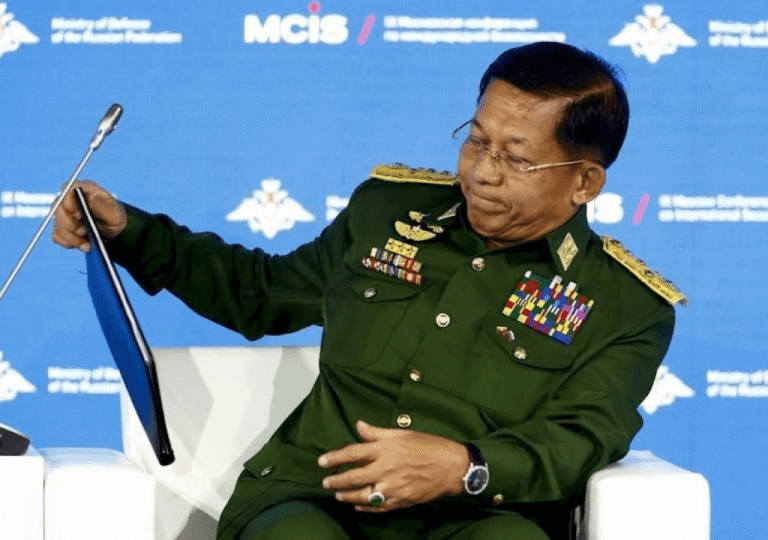The Maldives is drifting away from India. Following the Maldives parliamentary election held on April 21st, the pro-China party, People’s National Congress (PNC), emerged victorious. President Muizzu’s PNC’s win garnered significant attention due to its strong ties with China, which coincide with its expressed hostility towards India. The People’s National Congress (PNC) secured 66 out of the first 86 seats declared by the Elections Commission of Maldives, exceeding the threshold for a super-majority in the 93-member parliament. The Maldivian Democratic Party (MDP), which had aimed to obstruct efforts to reshape Maldivian diplomacy, faced a substantial setback after its previous landslide victory in the 2019 elections. The outcome was seen as a validation of Muizzu’s push for strengthened collaboration with China.
Maldives, an archipelago nation made up of approximately 1,192 small coral islands spanning 800 kilometers near the equator, stands as one of the nations most susceptible to rising sea levels due to global warming. Despite its vulnerability, this premier luxury destination finds itself at the center of significant geopolitical tensions. China’s extensive investment in various infrastructure projects such as land reclamation, apartment complexes, and bridges has led to a notable shift in the country’s allegiance towards China. Although the Maldives lacks historical ties to China, the populace has increasingly embraced Chinese influence due to the economic and emotional advantages derived from these investments. China’s strategic move in the Indian Ocean, along with its significant financing of infrastructure initiatives in countries surrounding India, is being viewed as a potential strategy to ensnare smaller states in debt and exert influence as proxies for China. India is concerned that China may exploit the strategic positioning of the Maldives, Which is close to Indian shores. Historically, the Maldives enjoyed a close relationship with India, benefiting from historical ties and Indian assistance in safeguarding its sovereignty, including thwarting an invasion attempt by Sri Lanka. However, under President Muizzu’s tenure, there has been a notable shift away from India, evidenced by politicians, including members of the government, openly ridiculing Indian Prime Minister Modi and India. Tensions heightened when the Maldives chose to remove Indian military personnel deployed under an agreement. And also President Muizzu refrained from ceremonial visits to India, instead favoring engagements with Turkey and China. These events sparked campaigns against the Maldives in India, leading to a notable economic downturn for Maldives.
In the midst of heightened geopolitical tensions, the resounding victory of Muizzu’s party reflects the prevailing sentiment within the state. Muizzu himself emerged triumphant in last September’s presidential election, representing the interests of the pro-China former president Abdulla Yameen, who was recently released following the overturning of his 11-year corruption conviction by the court. Before this parliamentary election, Muizzu’s People’s National Congress (PNC) and its allies held only eight seats in parliament, limiting Muizzu’s capacity to implement his agenda post his presidential victory. However, as campaigning for the parliamentary elections intensified this month, Muizzu strategically awarded significant infrastructure contracts to Chinese state-owned enterprises. Meanwhile, the principal opposition party, the Maldivian Democratic Party (MDP), which had previously held a super-majority, suffered a humiliating defeat, securing just a dozen seats. Additionally, independents secured 11 seats in the parliament.
Despite the concerns raised by ecologists and climate activists about the future of the island nation, which stands among the first countries significantly affected by climate change, it seems that both the populace and politicians are not prioritizing it as they should. This sentiment is reflected in the election results, with Muizzu, the former construction minister, planning to pursue further apartment construction, land reclamation, and other large-scale projects that strain the capacity of the fragile coral islands. The political landscape is heavily influenced by Islamism, with foreign affairs failing to adequately address the realities of climate change. However, this victory is a green flag for Muizzu and China.








